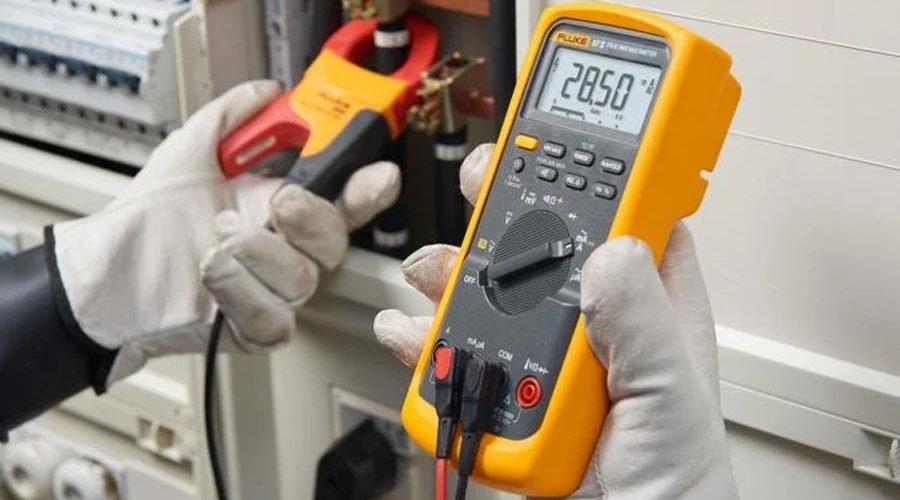Electrical testing is an important part of ensuring the safety and reliability of electrical systems. A wide variety of electrical testing tools are available, each designed to measure and diagnose different aspects of electrical systems. This article will provide an overview of the different types of electrical testing tools, such as multimeters and signal generators and their uses.
Table of Contents
Multimeter
A multimeter is one of the most common electrical testing tools essential for any electrician or electrical technician. Multimeters can measure voltage, current, and resistance and are used to troubleshoot electrical circuits and devices. Digital and analog multimeters are the two primary types of multimeters. Digital multimeters are more precise and straightforward to read, whereas analog multimeters use a needle that moves along a scale to indicate the measurement.
Clamp Meter
A crucial electrical testing instrument, the clamp meter, is utilized to gauge the current flowing through a wire or cable. It is positioned around the wire or cable, allowing the current to be measured without the need for disconnection. Clamp meters are particularly useful in measuring current at difficult-to-reach locations, such as within walls or ceilings.
Signal Generator
Signal generators are essential electrical testing tools for generating electrical signals of various types and frequencies. They are commonly used in testing and troubleshooting electronic circuits and components, communication systems, and audio equipment. They can be classified into two categories: analog and digital signal generators.
Circuit Tester
A circuit tester tests the presence of voltage in an electrical circuit. This tool is typically used to check whether a circuit is live or dead, which is important for safety. Circuit testers can also be used to check the continuity of a circuit, which is important for troubleshooting and diagnosing faults in electrical systems.
Insulation Tester
An insulation tester, also known as a megger, measures the insulation resistance of electrical equipment or wiring. The insulation resistance measures how well the insulation material prevents electrical current from flowing through it. Insulation testers are used to diagnose faults in electrical systems, such as insulation breakdown or moisture damage.
Ground Resistance Tester
A ground resistance tester is used to measure the resistance of the earth connection of an electrical system. Ground resistance is important for ensuring the safety and reliability of electrical systems, as it helps to protect against electric shock and electrical fires. Ground resistance testers diagnose faults in the grounding system, such as poor connections or high resistance.
Voltage Tester
A voltage tester is used to measure the voltage level of an electrical circuit. Voltage testers are typically used to check whether a circuit is live or dead, which is important for safety. Voltage testers can also measure the voltage drop across a component in a circuit, which can help diagnose faults in electrical systems.
Using the right electrical testing tools makes it possible to troubleshoot and diagnose faults in electrical systems quickly and accurately, ensuring the safety and reliability of electrical systems. To ensure the accuracy and reliability of electrical testing results, it is recommended to invest in high-quality network security services that provide regular maintenance, calibration, and repairs of electrical testing equipment.
Conclusion
In conclusion, electrical testing is a crucial part of maintaining the safety and reliability of electrical systems. A wide variety of electrical testing tools are available, each designed to measure and diagnose different aspects of electrical systems. The multimeter, clamp meter, circuit tester, insulation tester, ground resistance tester, and voltage tester are all essential electrical testing tools that should be part of any electrician or electrical technician’s toolkit.





